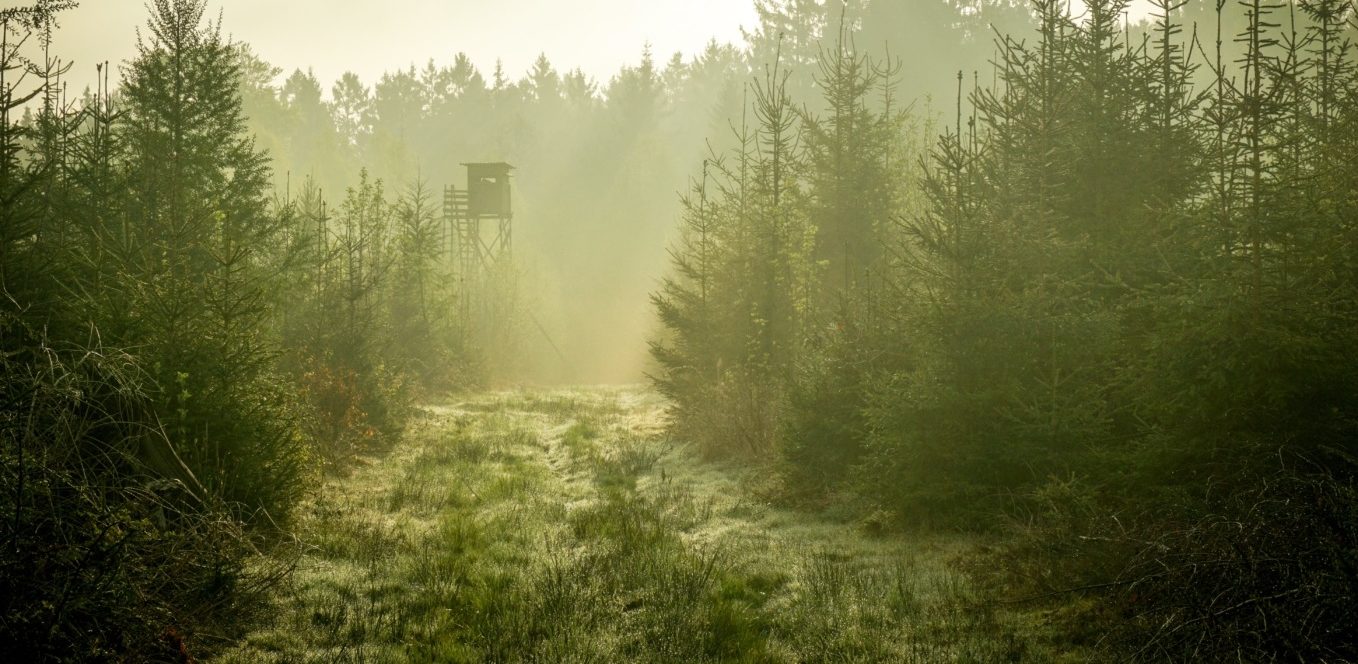Could trophy hunting and conservation ever coexist?
Can trophy hunting and conservation coexist? On the surface, it seems bizarre that the abhorrent “sport” of killing an animal could ever play a constructive role in ensuring the future of targeted species. However, the 133 conservationists who wrote an open letter against outright bans seem to think otherwise, whereby banning the hunting could negatively impact conservation efforts. A knee-jerk, morally infused stance involves looking at this debate as black and white when, in reality, it beholds many shades of grey.
These grey areas remain largely unseen due to the disproportionate media attention that trophy hunting receives. With a ban in place, the rate of animals being ensnared and poisoned is likely to increase.
Dr Amy Dickman, a conservationist at the University of Oxford, pertinently explained how with a ban “you’re likely to have much more wildlife killing, but it won’t be on social media, it won’t be a grinning hunter there, people won’t be aware of it, but that doesn’t mean it is not happening.” Any regulation and legislation on trophy hunting must consider this evidence to thwart the unintended consequences of outright bans.
It is a shame that it has come to a point where trophy hunting is an integral way to protect animals
We cannot view banning hunting as the final solution. After all, if making things against the law was all we had to do, we wouldn’t need a criminal justice system. By essentially making a whole industry illegal, the local economy will suffer along with local farmland and villages being under threat from potential increased animal populations. So, yes, it is morally justifiable to wish an end to such a vile practise but not at the expense of jeopardising livelihoods and the safety of local communities. The perfect solution needs to respect the nuance of the issue.
Even if a ban were to be installed, compensating business owners and stabilising the economy will not come cheap or easy. If a wild lion is being hunted for upwards of $75,000, the alternatives of building a zoo or national park cannot compare in terms of revenue generation. Furthermore, some of these hunting tours are located in areas off the beaten track and are not as idyllic as photo tourists would prefer. It is a shame that it has come to a point where trophy hunting is an integral way to protect animals. However, this is our reality; we cannot disregard it because it isn’t pretty. The best thing we can do to protect these animals is to acknowledge this.
Proper regulation is a possible alternative to criminalising trophy hunting. The International Union of Conservation of Nature (IUCN) recommends ‘an age and area-based approach‘; this prevents animals from being hunted in a concentrated area and ensures a minimum age on the animals killed. With lions, for instance, it would be unsustainable if more than one was killed every 2,000 square kilometres. What is more, only lion’s aged over 6 years old should be targeted as they would have reproduced by this point. This has been a notable success in Mozambique where only older male lions are hunted.
It seems that our moral compasses can mislead us at times, especially when we don’t know the full complexity of an issue
We have to note how we can never have one universal position on trophy hunting. A ban may be successful in one country but completely disastrous in another. In Kenya, for instance, a trophy hunting ban was installed in 1977, however, by 2016 some wildlife populations had declined by 68 percent. On the other hand, a moratorium placed on hunting lions in Zambia between 2013-2015 increased the number of lions in South Luangwa National Park by almost double. Considering lion numbers have plunged by 43% between 1993-2014, moving towards a ban on hunting lions is needed for the species’ survival. Thus, different legislation on trophy banning will not only vary from country to country but species to species.
One thing that needs to happen is for western states to act more on the matter. The majority of trophy hunters come from the United Kingdom and the United States. As a result of this, the governments of these countries must contribute aid to fund new infrastructure and employment if they seriously wish to end trophy hunting. Therefore, the UK Labour Party seeking to ban the import of trophies is not enough to address the issue. It only goes to show how western states do not have local communities, economies, and habitats in mind when thinking that import bans are sufficient.
Thus, the viewpoints of local communities and scientific evidence must be the key contributors to any legislation on trophy hunting. It seems that our moral compasses can mislead us at times, especially when we don’t know the full complexity of an issue. It also appears that trophy hunting has proven to be a useful tool in any conservationist’s toolbox. So, for us in the West, it’s about time we shut up and listen.

Comments (1)
Its inconceivable that in this modern era that people are still arguing for hunting rights when we consider hunting’s origins. Man no longer has to hunt. All he need do is shop.
The fact that conservation has as its foundation the blood thirsty cult of hunting is indisputable. But as man expands his knowledge of all things, one would think that his level of intelligence would expand accordingly. Sadly it does not. There is not enough quantifiable research to suggest that hunting has a stimulatory effect of ecology. Recent research on the effects of long term seasonal micro-trauma of individual species seems to indicate that hunting, fishing and ocean and in-land water recreation does indeed have a detrimental effect on population dynamics and health.